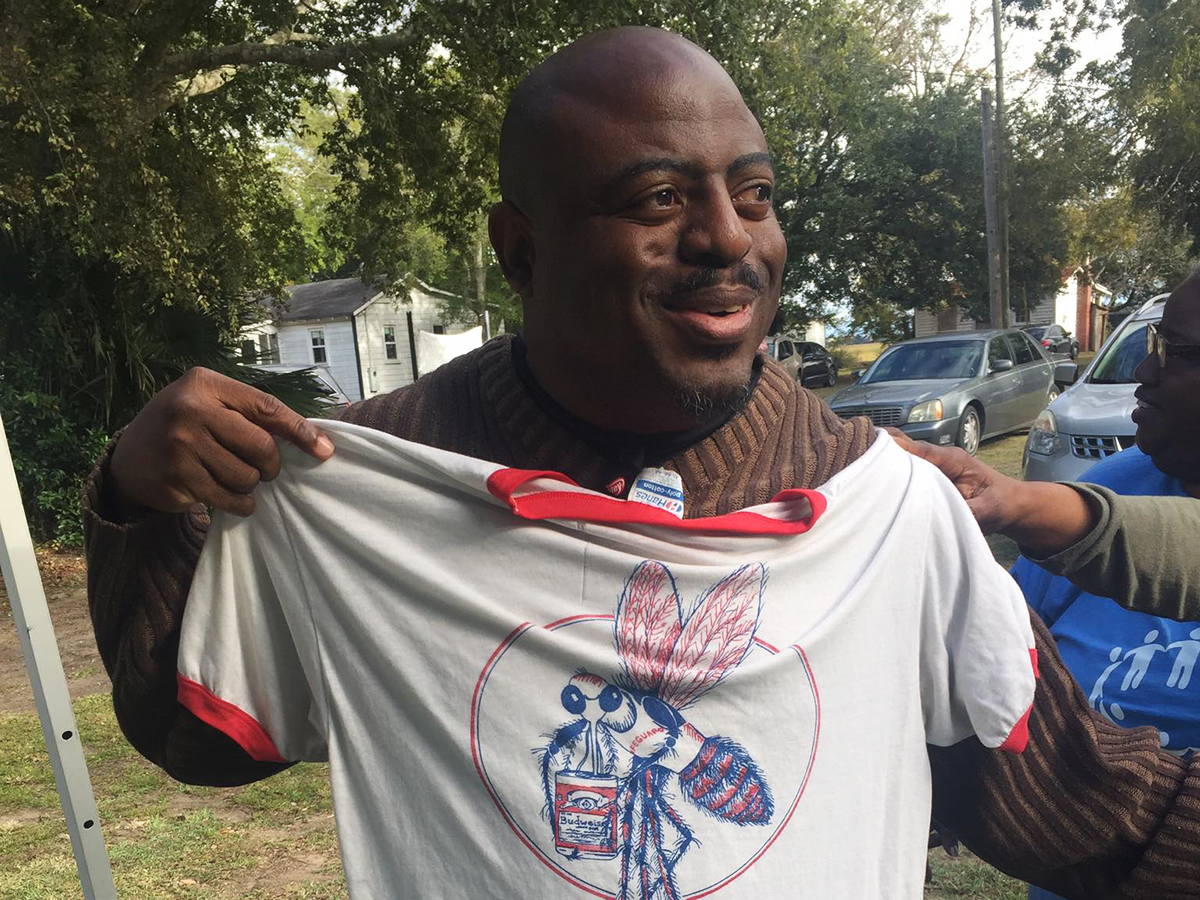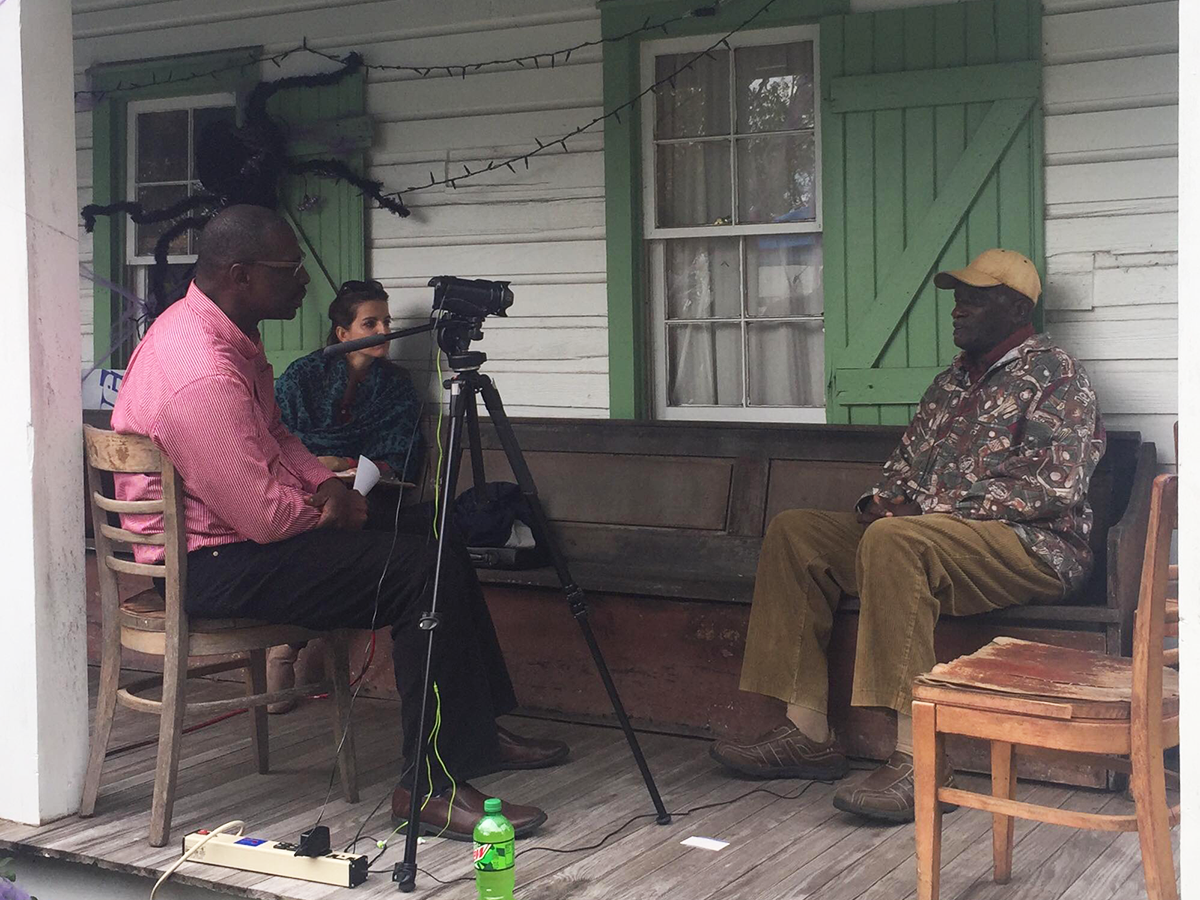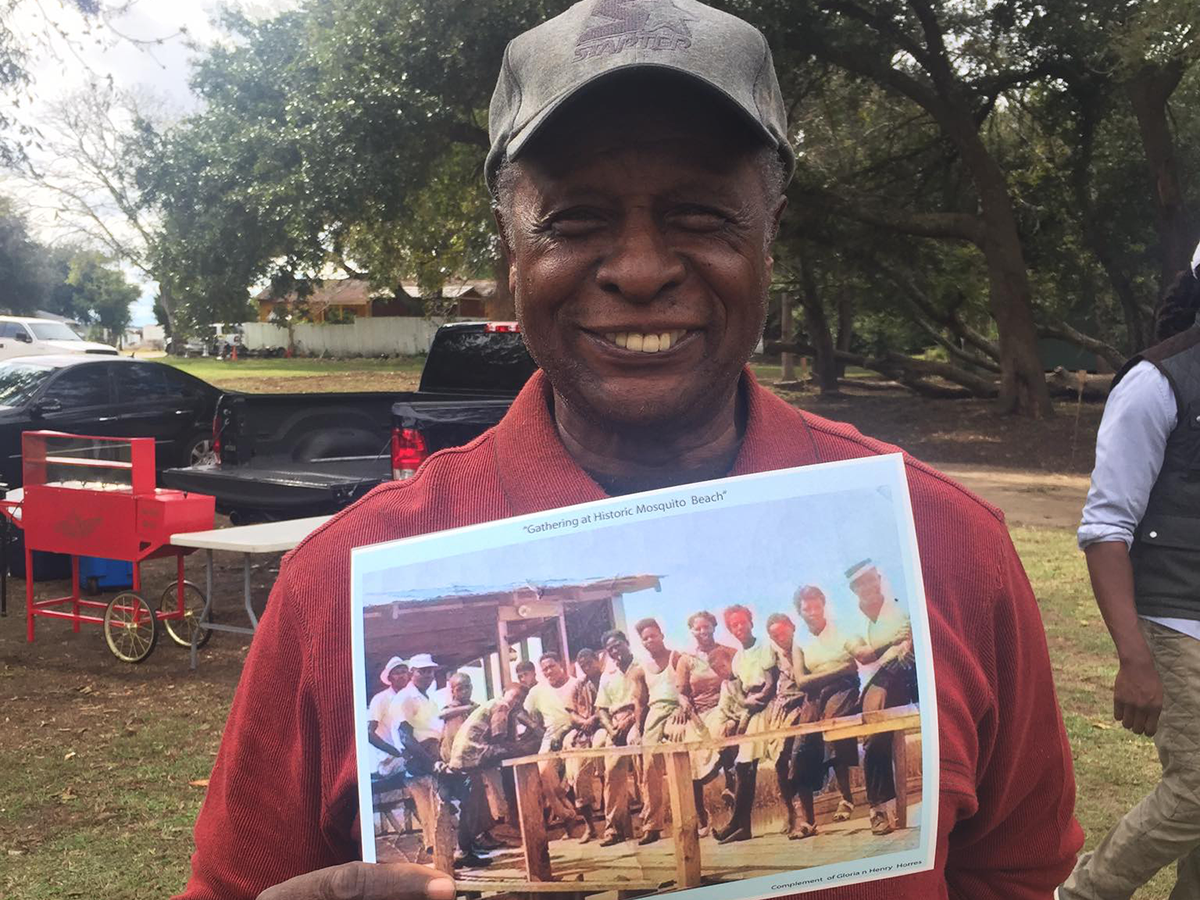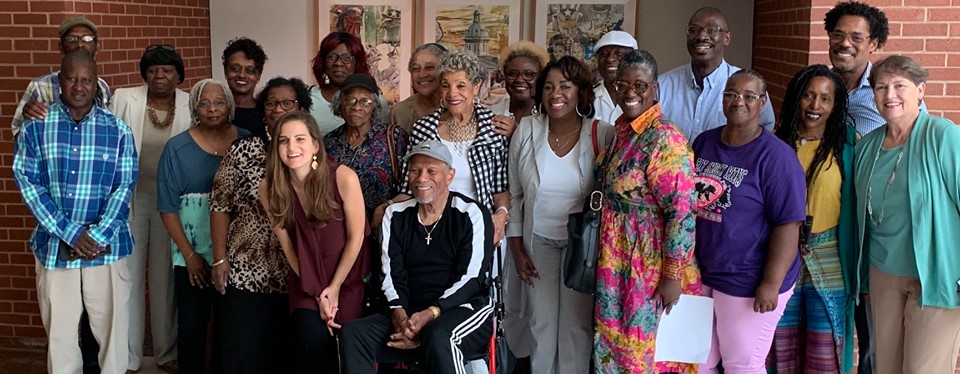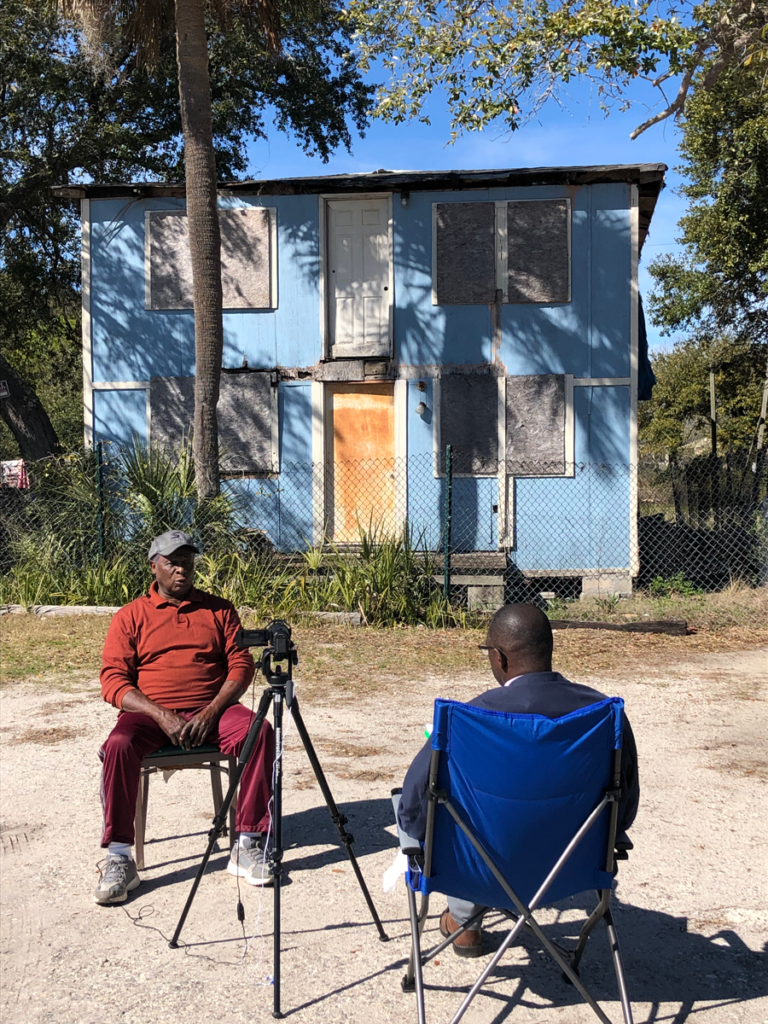NPS Grants
National Park Service Grants
Request for Qualifications (RFQ) for Pine Tree Hotel
Through the attached Request for Qualifications (RFQ): Historic Charleston Foundation (HCF) invites accredited professionals in the architecture, engineering and construction industry, especially those with historic preservation project experience, to be considered for the rehabilitation of the Pine Tree Hotel. Submissions will be accepted until March 31, 2020 at 5:00pm.
Grants History
After the damage brought by Hurricane Hugo in 1989, including the destruction of the pavilion, Mosquito Beach’s popularity was in decline. In 1993, the Mosquito Beach Business Association set out to “recapture and revitalize” the area’s heritage, to portray Mosquito Beach in a positive image and “as a rich cultural experience for everyone.”
For the last three decades, Sol Legare Island residents have continued to fight for the revival of the original Mosquito Beach. In 2014, Bill “Cubby” Wilder told the Post and Courier that old residents like him “remember those days” where “people were [there] to have fun.”
In 2017, Bill “Cubby” Wilder, who was seeking advice and assistance for Mosquito Beach, contacted Historic Charleston Foundation. As a part of our ongoing collaboration, HCF applied for a National Park Service Civil Rights Grant.
This first grant “Documenting and Sharing the History of Mosquito Beach and its Role in the Civil Rights Movement” was approved in 2018 for $43,000. These funds were used to research the history of Mosquito Beach, and to list it as a historic district on the National Register of Historic Places. Funds were also allocated to sponsor a state historical marker to be placed at the intersection of Folly Road and Sol Legare Road, and to design and fabricate interpretive panels detailing the history of Mosquito Beach. The first grant also allowed us to build this website that speaks to the history and culture of Mosquito Beach and its place in the Civil Rights era in South Carolina.
HCF first gathered an esteemed consultant team including Allen Consulting and BVL Historic Preservation Research. Michael and LaTanya Allen reached out to the Sol Legare community in October 2018 and coordinated an event called the “History Harvest.” The public was invited to the nearby Seashore Farmers Lodge and encouraged to bring photographs, souvenirs, memorabilia and their recollections to help better understand the history of this important place. Nearly 100 people took part, with more than 20 sharing their memories through mini-interviews.
After conducting architectural surveys and exhaustive research in area libraries and archives, Brittany Lavelle Tulla utilized the oral history interviews collected at History Harvest and the five in-depth interviews that were expertly conducted by Michael and Latanya Allen to craft a National Register Historic District nomination for Mosquito Beach. These oral history video interviews with Cassandra Roper, Russell Roper, Bill “Cubby” Wilder, Richard Brown and Bill Saunders can be viewed on this website under “Voices of Mosquito Beach.”
In July of 2019, the application for Mosquito Beach to be listed on the National Register of Historic Places was heard by South Carolina’s State Review Board where it passed unanimously. More than 20 people made the trip to Columbia to support the nomination. Mosquito Beach was officially listed in the National Register of Historic Places in early October 2019.
In the fall of 2018 Historic Charleston Foundation applied for another National Park Service Civil Rights Grant. This grant, approved in 2019 for $490,000, will be used to rehabilitate the Pine Tree Hotel located at the center of Mosquito Beach. The historic hotel speaks to the fact that people traveled great distances to visit this place and it is a rare survival of a hotel built during segregation.
These two grants are in recognition of the historical significance of Mosquito Beach. Both grants fundamentally seek to highlight how a small Gullah community successfully navigated the Jim Crow South and provided African Americans with a safe sanctuary community in which to live, play and enjoy themselves even within the confines of a segregated society.
Historic Charleston Foundation facilitated the work with funding from the National Park Service; however, these projects would not have been possible without the leadership and strong, enduring support of the Mosquito Beach community and the community of Sol Legare.
“Both grants fundamentally seek to highlight how a small Gullah community successfully navigated the Jim Crow South and provided African Americans with a safe sanctuary community…”
This material was produced with assistance from the African American Civil Rights grant program, administered by the National Park Service, Department of the Interior. Any opinions, findings, and conclusions or recommendations expressed in this material are those of the author(s) and do not necessarily reflect the views of the Department of the Interior.
This material was produced with assistance from the African American Civil Rights grant program, administered by the National Park Service, Department of the Interior. Any opinions, findings, and conclusions or recommendations expressed in this material are those of the author(s) and do not necessarily reflect the views of the Department of the Interior.

